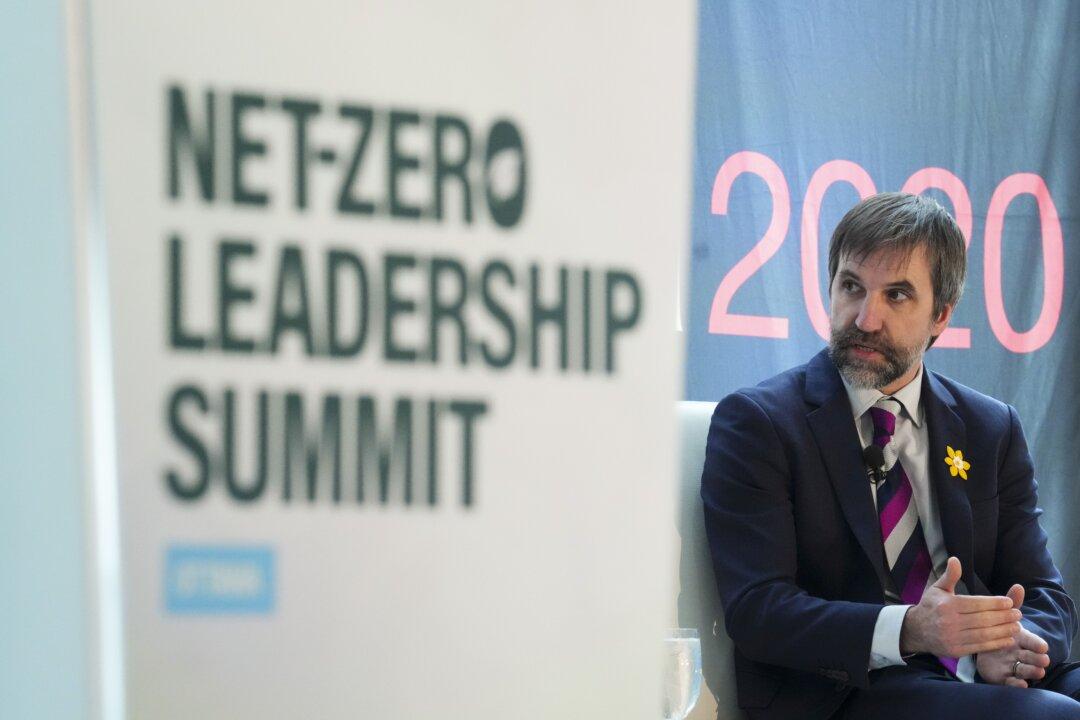News Analysis
When the Parliamentary Budget Officer issued a report a few weeks ago saying the carbon tax is a “net loss” to most Canadian households, Environment Minister Steven Guilbeault said the report didn’t account for the costs of climate change itself, also tweeting that “the costs of inaction on climate change far outweigh the costs of taking action.”





